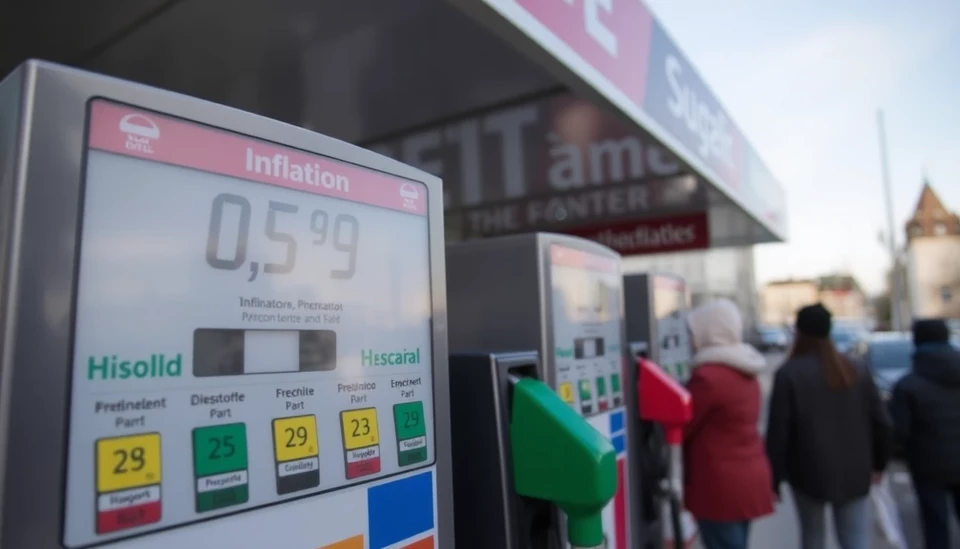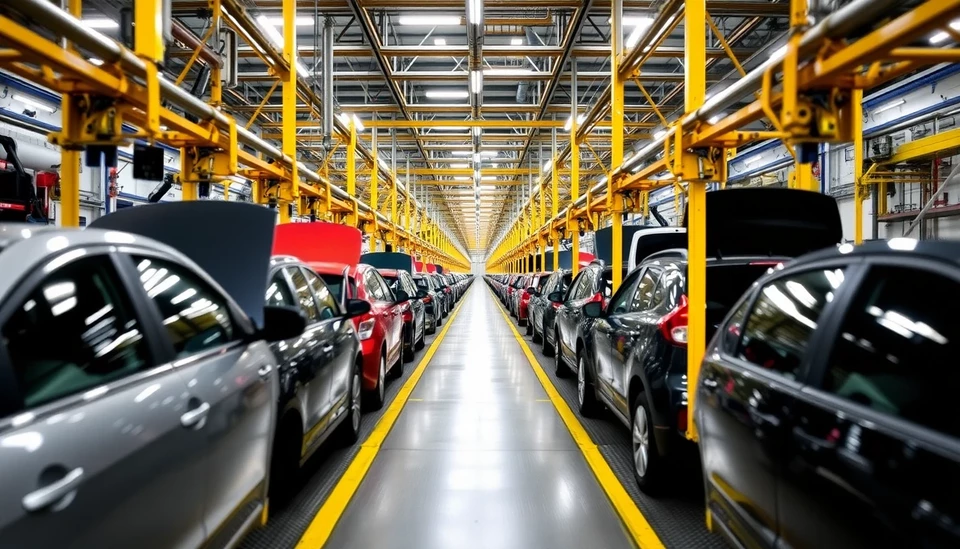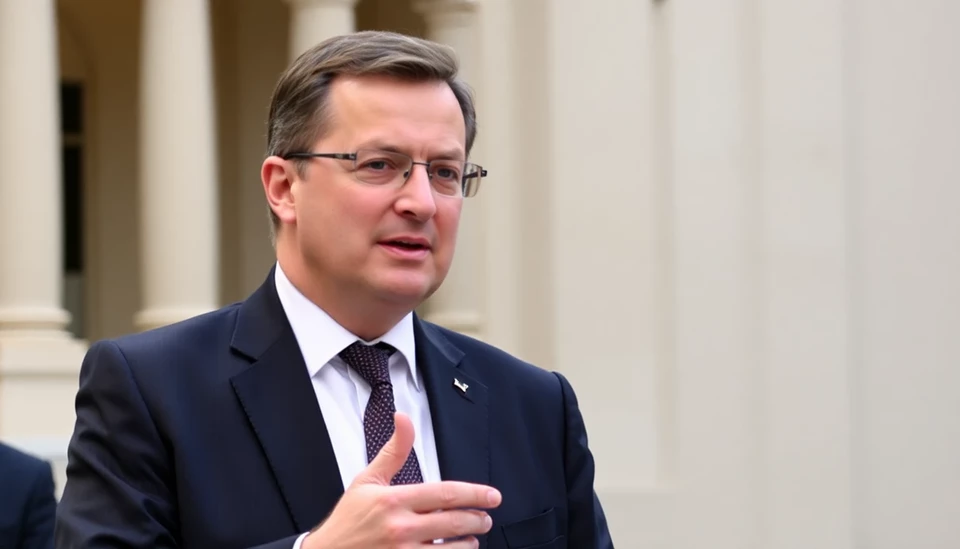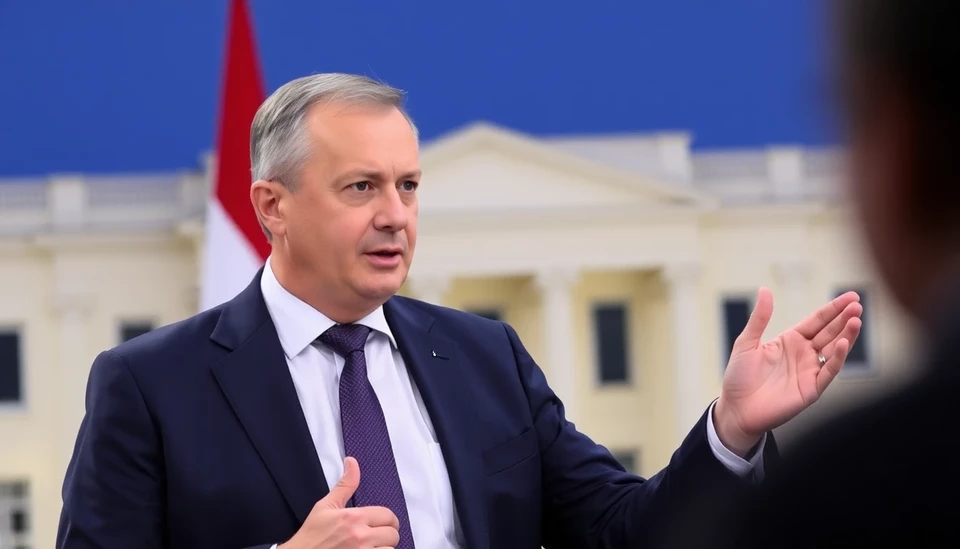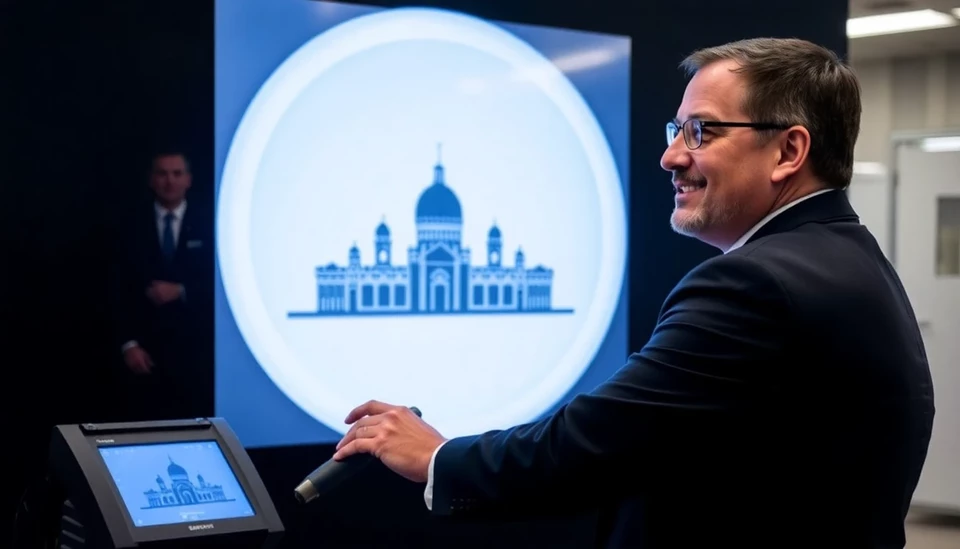
In a significant development that could jeopardize Hungary’s aspirations in the electric vehicle (EV) sector, the country has experienced a dramatic decline in battery output. This downturn poses serious challenges for Prime Minister Viktor Orban's vision of transforming Hungary into a leading hub for electric vehicle production in Europe.
Recent data indicate that Hungary’s battery production, which is crucial for powering electric vehicles, has plummeted sharply. Manufacturers in the region have struggled with various factors, including supply chain disruptions, rising costs, and increasing competition from other countries investing heavily in battery technologies.
The Hungarian market was previously seen as a beacon of growth in the EV landscape, attracting significant investments from global automotive leaders and battery producers. Companies had set ambitious targets to ramp up production and contribute to the European Union's shift towards more sustainable transport solutions. However, the latest reports reveal that these hopes are now under threat due to the decrease in output at manufacturing plants.
Industry experts point to several key issues impacting the battery sector in Hungary. They cite challenges such as labor shortages, an insufficient infrastructure to support expansion, and the rising cost of raw materials. These obstacles have impeded manufacturing capabilities, and many facilities are struggling to meet their production goals. Furthermore, Hungary's dependency on imports for components essential to battery assembly has compounded the problems faced by local manufacturers.
The declining battery production output is particularly concerning for the Hungarian government, which has heavily invested in policies aimed at making the country a leader in the electric vehicle market. Orban’s administration has pursued partnerships with international firms, underscoring the importance of electric vehicles in combating climate change and boosting the economy. However, the faltering battery output could retract those advances and discourage future investments from ambitious players looking to participate in Europe’s EV boom.
As the landscape shifts, other countries are accelerating their initiatives in the EV sector at a remarkable pace. Nations like Germany and Poland are introducing extensive programs to boost battery production, creating a competitive environment that poses a threat to Hungary’s ambitions. This has raised alarms not just within the automotive sector but also among policymakers who fear losing ground in the burgeoning electric vehicle industry.
For Orban, these developments are alarming as they could hinder his administration's long-term strategy to develop a sustainable and robust electric vehicle ecosystem. The situation calls for immediate and strategic action to revive domestic battery production and secure Hungary’s position as a pivotal player in the EV market. Failure to do so may lead to a ripple effect across various industry sectors, impacting job creation and economic growth in the region.
In conclusion, the slump in Hungary's battery output brings forth a critical juncture for the nation's electric vehicle ambitions, whereby strategic interventions will be paramount to reversing this trend and securing the future of the industry in Hungary.
#Hungary #ElectricVehicles #BatteryProduction #Orban #EVIndustry #SustainableTransport #EconomicGrowth
Author: Daniel Foster
